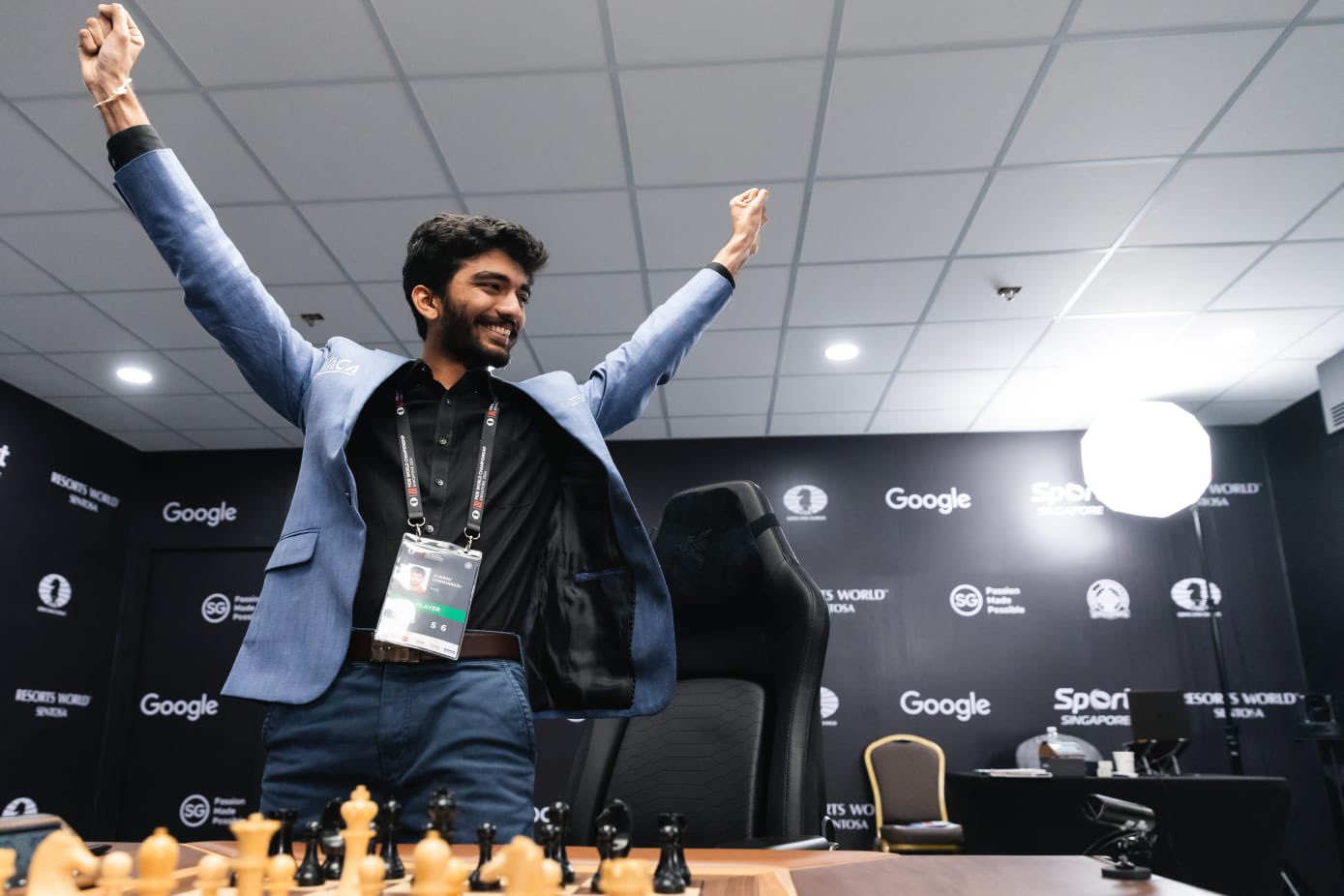Introduction
In a heartfelt appeal, Tamil Nadu Congress MP R Sudha has written to Prime Minister Narendra Modi and Finance Minister Nirmala Sitharaman, seeking tax exemption for chess prodigy Dommaraju Gukesh. At just 18 years old, Gukesh has carved his name in history as the youngest world chess champion, having won an astonishing Rs 11.45 crore in prize money. However, the high tax liability of Rs 4.8 crore on his earnings has sparked debates on how India honours its sporting heroes.
Gukesh’s unparalleled success
Gukesh’s rise to the top of the chess world has been nothing short of extraordinary. His victory over reigning champion Ding Liren in the championship final (7.5-6.5) showcased his immense talent, determination and composure under pressure. The young athlete described the moment as “the best of her life”, a sentiment shared by millions of Indians celebrating her achievement.
Tax exemption case
MP R Sudha’s letter highlights historical examples where sporting icons like Sachin Tendulkar and Ravi Shastri were given tax breaks on their income during Congress-led governments. These gestures not only celebrate individual achievements, but also underscore the importance of supporting athletes who bring glory to the nation. Tax exemption for Gukesh will set a strong example, underlining India’s commitment to promoting and nurturing its sporting talent.
View this post on Instagram
Government’s role in promoting excellence
The Tamil Nadu government has already recognised Gukesh’s achievement by presenting him with a cash prize of Rs 5 crore at a grand function hosted by Chief Minister MK Stalin. R Sudha urged the Union government to follow suit, suggesting a cash prize to encourage young Indians to pursue sporting excellence. The parliamentary resolution congratulating Gukesh could further cement this national focus.
Why it matters
India’s place in the world chess scene has been strengthened by legends like Viswanathan Anand and rising stars like Gukesh. Providing tax breaks and financial rewards to these talents not only recognises their hard work, but also encourages the next generation of players to dream big. This could be a crucial time to shape India’s sports policy, ensuring that champions get the support they deserve.
Conclusion
Gukesh’s victory is a testament to his unparalleled talent and dedication. As India celebrates this historic victory, the government has an opportunity to demonstrate its commitment to sports by exempting taxes from the prize money and recognising your achievements with prize money. These steps will not only honour Gukesh but also pave the way for many aspiring youngsters to follow in his footsteps.








